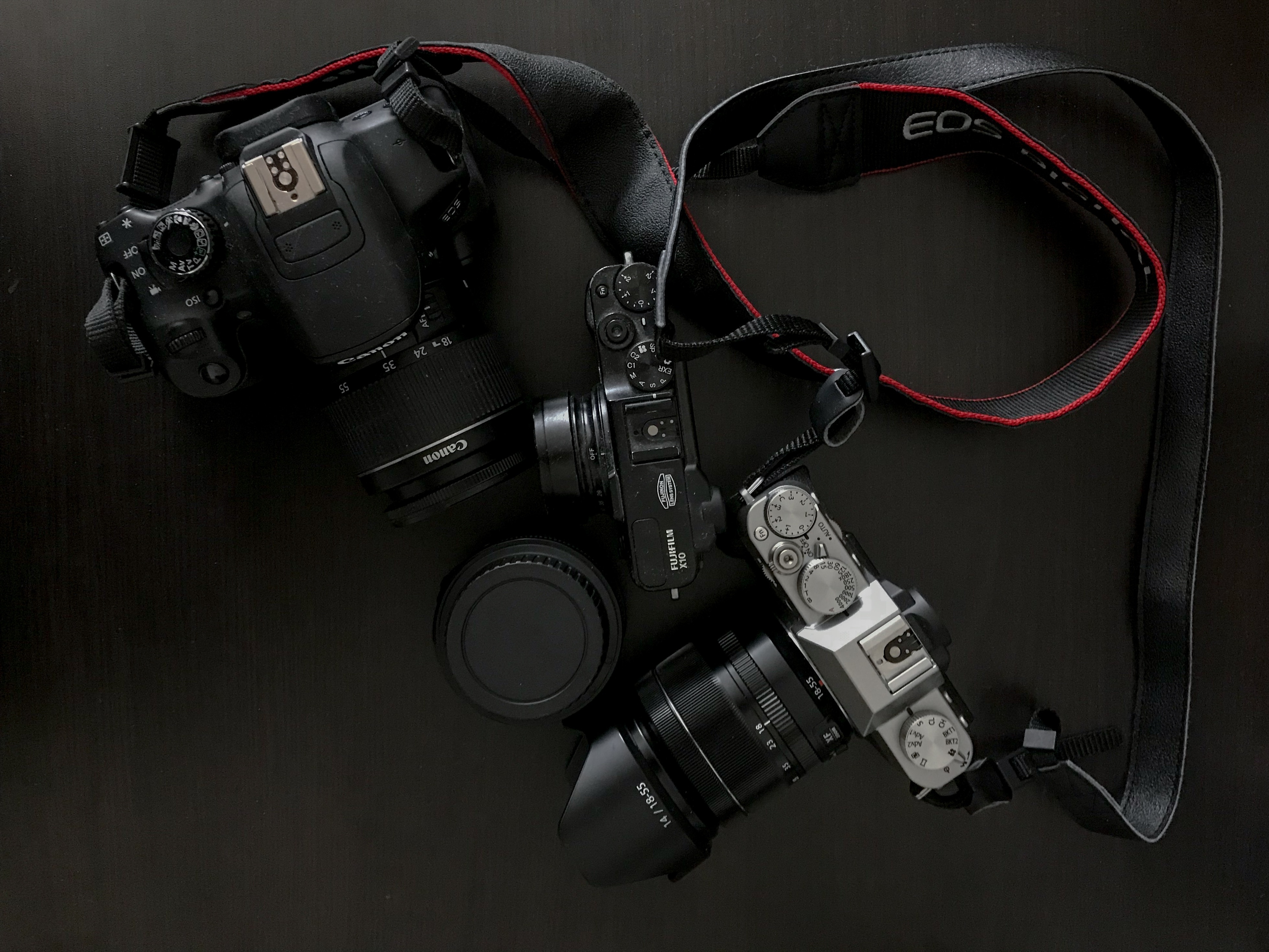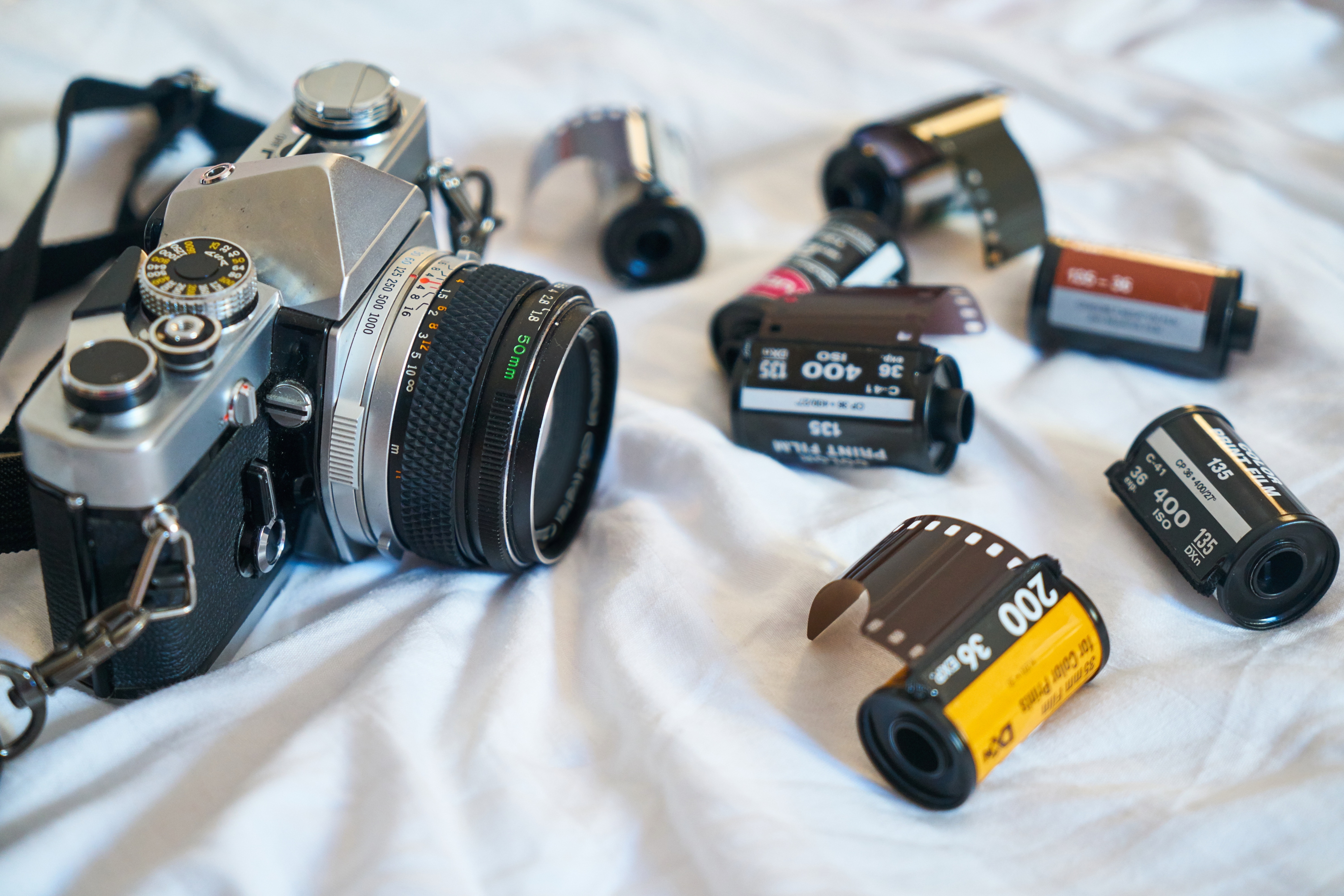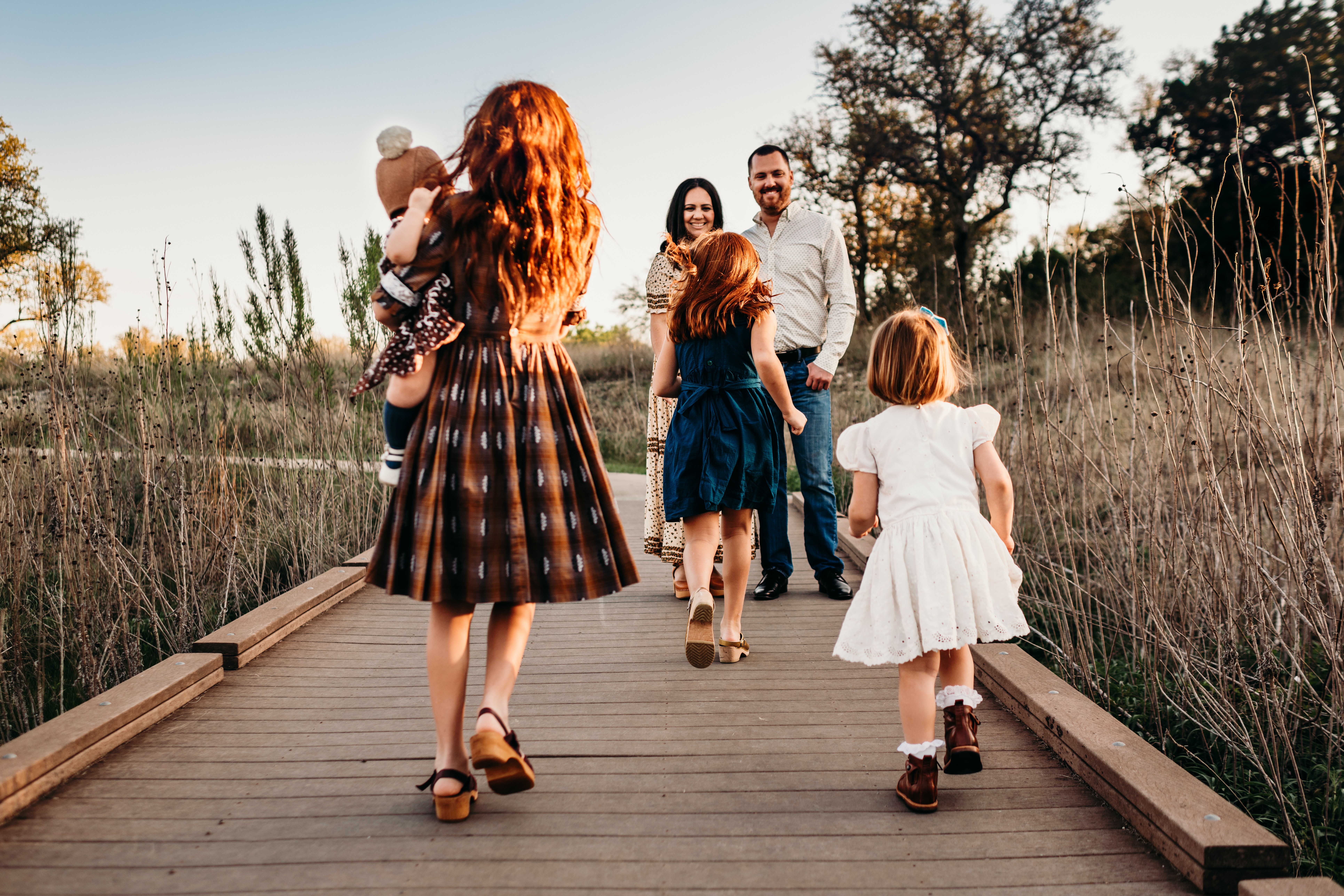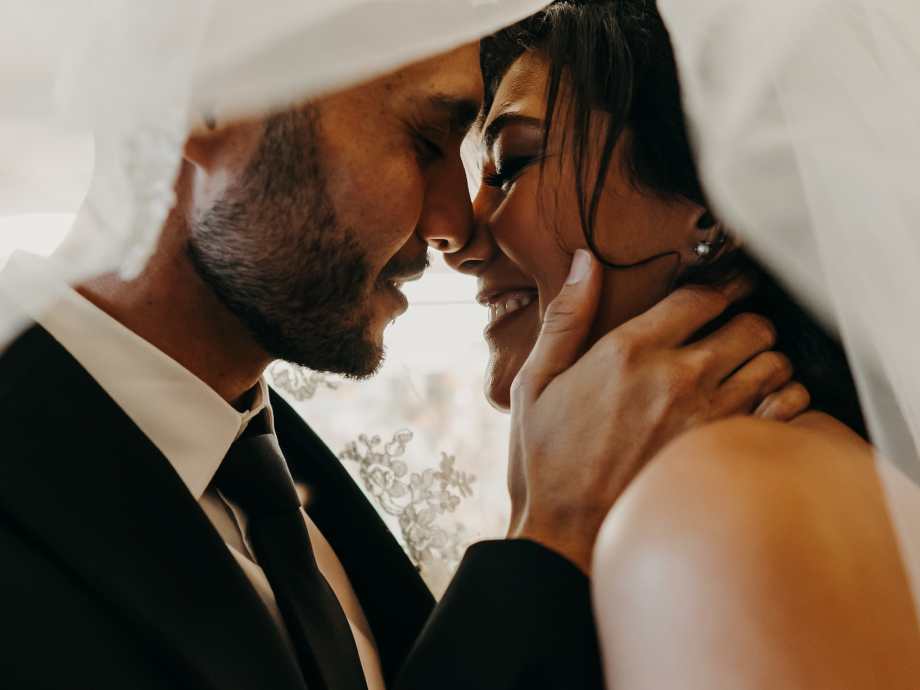
Does the Camera Brand Really Matter?
Let’s address the opening question right away. The camera brand does not matter for most purposes. Or at least it shouldn’t. There are brands more adept at certain things than others, like weather sealing for example. However, for most use cases most brands are competitive or at least competent.
But, you probably suspected as much. Might a person have a preference for a camera brand? Yes! That is quite natural. Especially if you have already invested in a lens system, have become familiar with a control layout scheme, or have a sentimental attachment to a brand. A camera brand by itself will not imbue one with supernatural photography skills.
5 tips on choosing the “perfect” camera
Perfect is in quotes, because compromises usually need to be made. A ton of money spent does not guarantee you an all conquering solution. In fact some of the priciest cameras are more limited in scope than more affordable options. You can likely find a good fit if you focus on your actual needs.
Set a budget
Budget should play a large part in any camera decision. Otherwise, you can quickly find yourself spending money unnecessarily. Set a price range going in. Budget for lenses up front if you go the interchangeable lens route. A great deal on a camera body is pointless if you can’t afford the glass to put in front of it.
Consider buying used
The most bang for your buck can usually be found on the used market. Stay with products from the last few years or things like focus tech and low light sensor performance might not keep up. Also, stay with reputable retailers with a well documented return policy and track record.

Do not obsess too much over numbers and specs
Full frame talk is all the rage currently, but crop sensors would do just fine for most shooting needs. 10 or more fps sounds good, but will you actually make use of it? 4K is great, but 1080 may do for your needs. 40 something plus MP sounds great on paper, but unless you plan on heavy cropping or making monster prints it may not be necessary. With stills or video slowing down your post edit workflow and increasing storage requirements may not be worth the intended benefit. Concentrate on what you need for your purposes.
Don’t get caught up in trends
Mirrorless is trending currently (18MP and up), but do you “need” mirrorless? While not currently being hyped DSLRs, especially crop, (24MP and up) are a great way to gain access to an affordable, very capable body and a mature, affordable lens system. They also usually bring perks like fast focusing, great ergonomics, strong 3rd party lens and accessory support, and long battery life
Stay open to different form factors
If you prize portability and do not plan to purchase more than one lens then you should consider one of many fine fixed lens cameras on the market. They cover many sizes and price points from 1” cameras like the Sony RX100 line (B&W Diner Shot) to MFT cameras like the Panasonic LX100 to APS-C cameras like the Fujifilm X100 on up to full frame cameras like the Sony RX1 line and Leica Qs (Fire truck Image). If you know going in that you will need varying focal lengths and size and weight are not an issue than an interchangeable lens system is the way to go.

Sony RX1

Leica Q Typ 116
Let’s recap. Does the Camera Brand Really Matter? Not really.
These 5 tips are considerations as you start the shopping process.
Gear test drives were a great help in making camera purchase decisions. Cameras that I just knew I would love based on specs ended up being a ‘meh’ experience. Cameras I did not think would suit my needs turned out to be just the ticket. It is important to research and confirm return policies up front. Little is worse than to spend a large sum on gear only to realize it does not fit your needs and the item cannot be returned.
What now? Know that finding the right gear may not be a one time purchase affair and may take time. Your needs will also likely shift as you increase your skill level. Be patient. It took me years of practice, trial, and error to get to my current ideal gear set up and I would have had it no other way.
Happy shooting.






